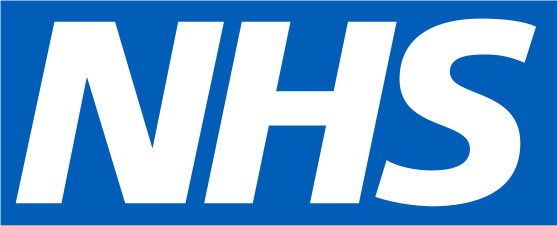NHS Health Check
Non-urgent advice: NHS Health Check: What you need to know.
What is an NHS Health Check?
The NHS Health Check is a free health assessment offered every 5 years in England to adults aged 40 years to 74 years.
Its main purpose is to detect early signs of health conditions such as heart disease, stroke, type 2 diabetes, and kidney disease.
Who can have NHS Health Check?
The NHS Health Check is available to adults between the ages of 40 and 74.
Individuals without certain pre-existing conditions, such as:
Heart disease
Stroke
Kidney disease
Type 2 diabetes
People who are already receiving treatment for these conditions are monitored by their doctor and don't require the NHS Health Check.
What blood tests are done on NHS Health Check?
NHS health checks not only involve blood tests but also other investigations as well.
These include:
Blood pressure:
High blood pressure is a major risk factor for heart disease and stroke, kidney disease, and visual problems.
Cholesterol levels:
A blood test checks your cholesterol to assess heart disease risk.
Body Mass Index (BMI):
Your weight and height are used to calculate BMI, which indicates if you have a healthy weight.
Blood sugar levels:
This can help identify your risk for type 2 diabetes. This can also help detect Pre-diabetes (Non-diabetic hyperglycaemia).
Lifestyle assessment:
This involves questions to assess your physical activity, dietary habits, alcohol consumption, and smoking status.
Family history:
Any family history of illnesses like heart disease or diabetes is noted.
Kidney function (optional): Depending on your risk factors, a kidney function test may be done, especially if you have high blood pressure or diabetes.
Results of the Health Check:
After the check, you'll receive your results, which will help assess your risk of developing certain health conditions.
Your results may include:
Risk score for cardiovascular disease (called "Q risk" score): This score calculates your risk of having a heart attack or stroke over the next 10 years. It takes into consideration your demographics, BMI, blood results, blood pressure, and family history. A score of 10% or more usually indicates the need for statin or cholesterol-lowering medication.
Cholesterol and blood pressure levels indicate whether further action is needed, such as medication or lifestyle changes.
Diabetes risk: If you're at risk for type 2 diabetes, your GP may refer you for further testing or support through programs such as the NHS Diabetes Prevention Programme.
Based on your results:
You may be given advice or referrals relating to lifestyle changes to improve your health, such as quitting smoking, losing weight, or increasing physical activity. You can also be offered smoking cessation services if this is what you wish.
If necessary, you could be offered medication to lower your blood pressure or cholesterol.
The NHS Health Check is an opportunity enabling you to prevent any health problems before they occur. If you're eligible, please book an appointment with us at Bredbury Medical Centre.
